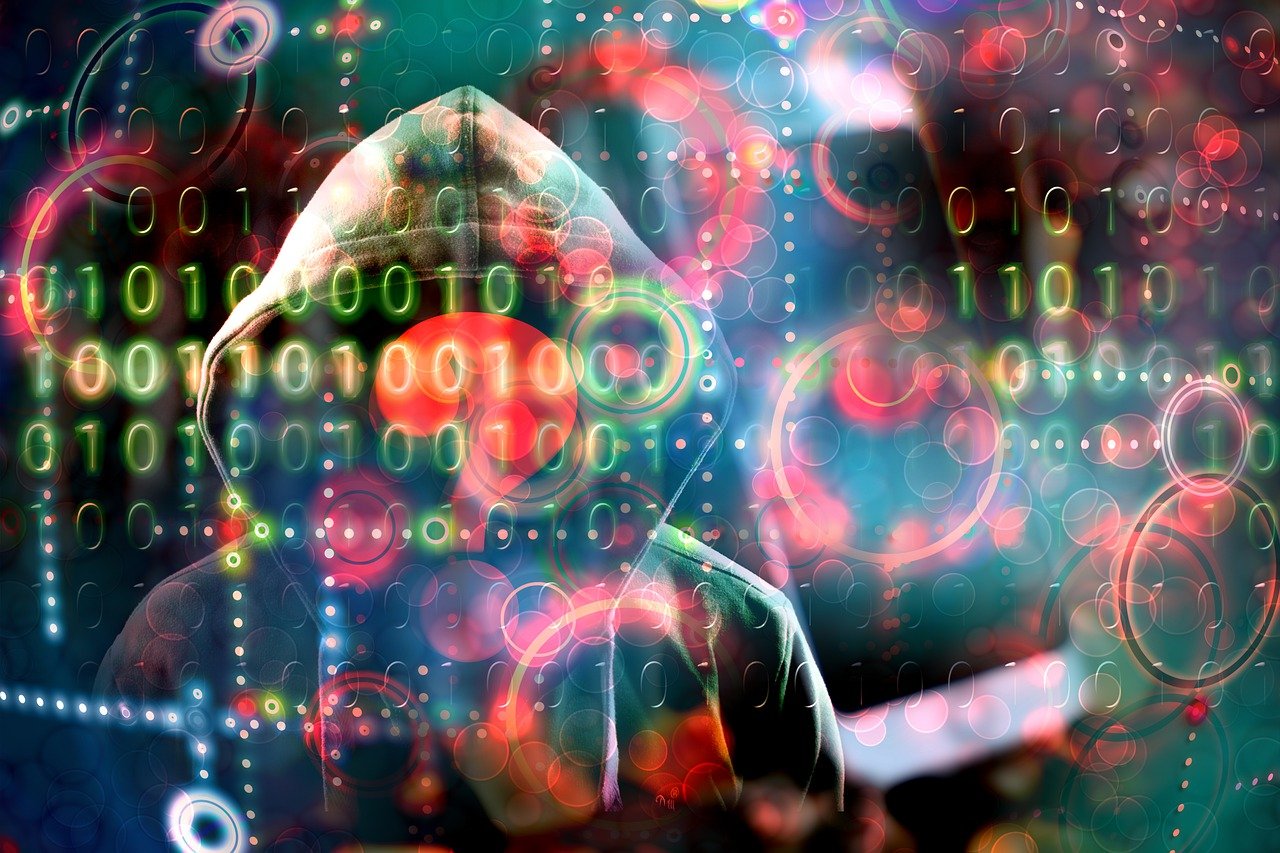British Home Secretary Theresa May has proposed new laws that would ban extremists from TV and impose stricter controls on what can be said on the internet, in a speech at the annual Conservative Party conference. Index on Censorship is disturbed at these plans and their potential for stifling legitimate free speech.
It is unclear why further legislation is needed in this area: there are already laws on incitement to violence and hatred, and extremists can already be prosecuted under existing hate crime laws. The proposed banning orders would encompass a far wider group than at present and apply to any organisations deemed to be undertaking activities “for the purpose of overthrowing democracy”. That smacks of the McCarthy witch-hunts of the 1950s. Rather than focusing on terrorist or extremist groups who expressly incite violence, the new categories defined by May could include anyone who disagrees with the government.
Driving debate underground is not the answer in tackling extremism or terrorism. May’s proposals for additional powers to silence extremists are unworkable in their present form and will need serious vetting before they see the light of day. Index hopes that parliament will see the wisdom of using existing laws that May claims are already the toughest anti-terrorism legislation in the world, rather than introducing new laws that further erode our civil liberties.





